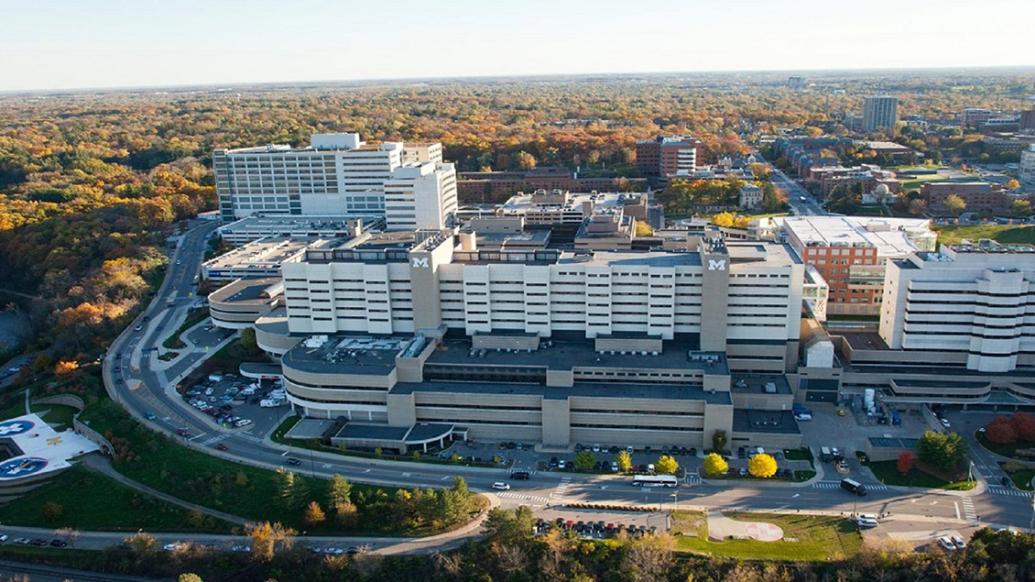Four-year agreement includes $273M package
Author |

ANN ARBOR, Mich. – Nurses represented by the University of Michigan Professional Nurse Council (UMPNC) have voted to approve a four-year contract with University of Michigan Health.
The competitive employment agreement provides a four-year, $273 million package that includes a 22.5% raise over the course of the contract, a $5,000 bonus for each nurse, elimination of mandatory overtime and expanded staffing guidelines.
“We are grateful that our nurses choose to work and build their careers at University of Michigan Health,” said Marschall Runge, M.D., Ph.D., CEO, Michigan Medicine and Dean of the U-M Medical School. “We are pleased to offer a very competitive package that recognizes the value our nurses bring to our patients and our organization.”
“We thank all the teams who worked tirelessly over the last few months to bargain for a fair agreement that reflects the expertise and commitment of our nurses, and our shared interest in moving University of Michigan Health forward together,” said U-M Health President David Miller, M.D.
Highlights of the mediated agreement include:
A $273 million compensation package: This includes several raises. Nurse practitioners are being placed in a new salary step model. All other nurses will receive a 7.5% increase in year one. All bargaining unit members will receive a 6% increase in year two, 5% in year three, and 4% in year four.
Each member of the bargaining unit will also receive a $5,000 lump sum in 2022 and current nurses who are still employed at Michigan Medicine will receive a $2,000 retention bonus on March 31, 2026. (Both of these sums will be prorated according to terms in the contract.)
Expanded staffing guidelines: The agreement enables us to continue the industry-leading staffing levels that we have historically maintained, while creating an improved process for managing situations in which a demonstrated pattern exists showing that staffing levels have not been met.
Improved scheduling: For most units, mandatory overtime will end except for defined emergency situations.
“Our exemplary nurses are a valued and crucial part of our world class healthcare team,” said chief nurse executive Nancy May, D.N.P., R.N.
“We believe this generous package will help us continue to retain and recruit excellent nurses. We look forward to working with our nursing community as we continue our efforts to bring top-ranked healthcare to our patients and communities across the state and beyond.”
Michigan Medicine has also implemented an aggressive nurse recruitment program. Despite a nationwide staffing shortage, Michigan Medicine is on track to have a record-setting year for nurse recruitment, with 1,058 nurses hired from July 2021 to May 2022. These efforts all contribute to Michigan Medicine’s current vacancy rate of 5% compared to a national average vacancy rate of 17%.
Michigan Medicine remains recognized as one of the highest quality health systems in the country, as one of a select few academic medical centers that have received top safety honors from Leapfrog Safety Grade, Centers for Medicare & Medicaid Services and U.S. News & World Report. U-M Health has also received the prestigious Magnet distinction that recognizes health care organizations for quality patient care and outcomes, nursing excellence and innovations in professional nursing practice.
U-M Health will continue to work with the UMPNC in implementing the new contract.

Department of Communication at Michigan Medicine
Want top health & research news weekly? Sign up for Health Lab’s newsletters today!





